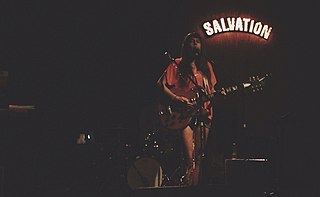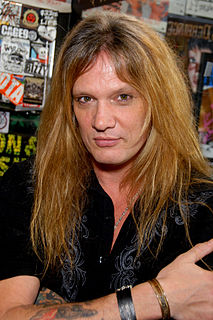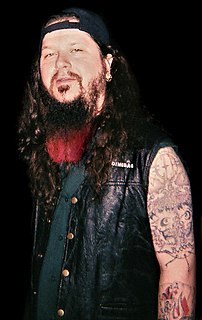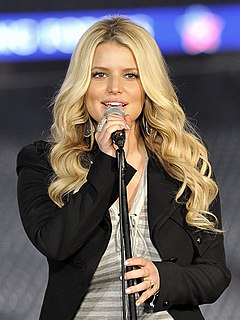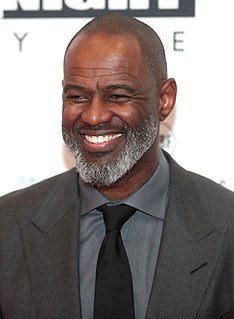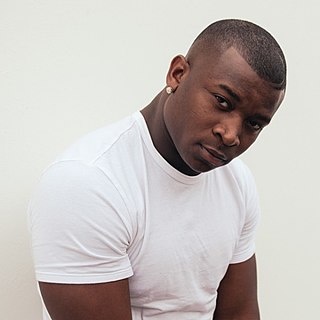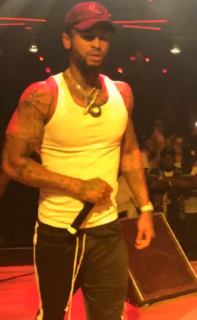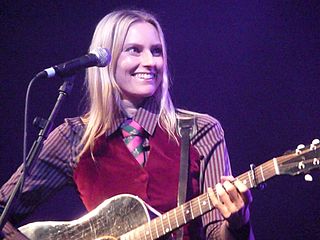A Quote by Madi Diaz
There isn't a single artist out there, I'm sure, who wouldn't take the most perfect record deal. If the right record deal came along, like, the perfect deal, we'd definitely take it.
Related Quotes
I think [Iranian deal] was the worst deal I've ever seen negotiated. The deal that was made by the [Barack] Obama administration. I think it's a shame that we've had a deal like that and that we had to sign a deal like that and there was no reason to do it and if you're going to do it, have a good deal.
The artist is the lowest form of life on the rung of the ladder. The publishers are usually businessmen who deal with businessmen. They deal with promotional people. They deal with financial people. They deal with accountants. They deal with people who work on higher levels. They deal with tax people, but have absolutely no interest in artists, in individual artists, especially very young artists.
Sometimes you have to wait for the right deal. They all seem good, at least at first, and they may make you some quick money. But when the right deal comes, and it fits into your [overall] plan, it's just overwhelming success. Sometimes, with the long-term deals, you have to take a risk if you're going to get a reward. It's exactly like fighting. Sometimes you have to take chances to get that huge win.
